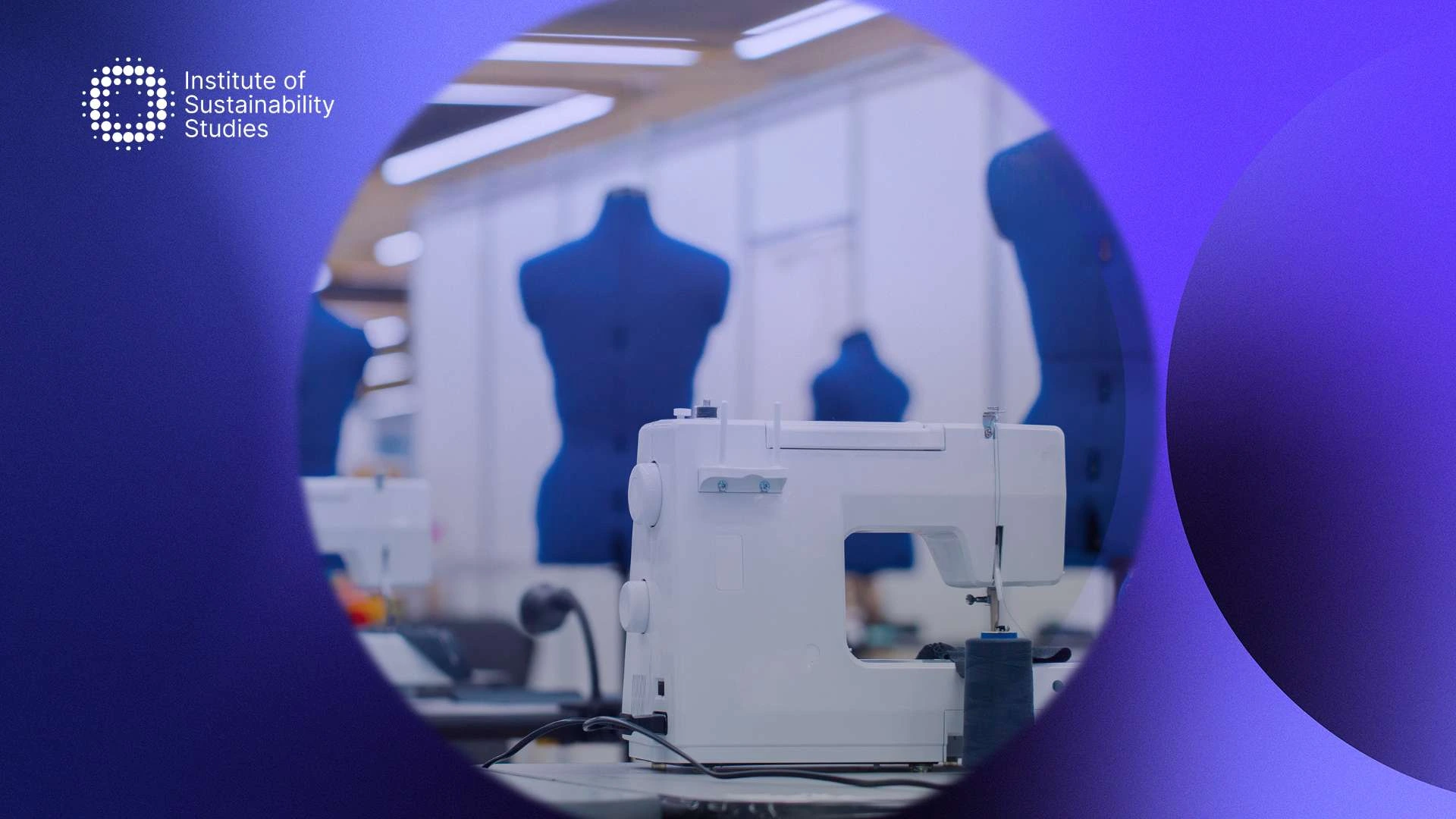The conversation around sustainability is changing fast. Once viewed as a compliance requirement or reputational safeguard, it is now increasingly measured through the lens of sustainability ROI – the tangible value businesses gain from responsible practices. A new report from Morgan Stanley, ‘Sustainable Signals: Corporates 2025’, confirms this shift, revealing that 88 percent of companies now see sustainability as a value-creation opportunity. Keep reading as we delve deeper into the survey’s findings and what they mean for the future of business sustainability.
Turn sustainability ambition into tangible, bottom-line results with flexible training
Sustainability ROI is being quantified, and it’s changing how companies allocate capital
Based on a survey of over 330 executives from companies with revenues exceeding $100 million across North America, Europe, and APAC, the report paints a clear picture of growing confidence and capability in corporate sustainability. More companies are moving beyond intention to impact, with 83 percent now reporting they can measure the ROI of sustainability initiatives as confidently as they do for traditional investments.
This ability to quantify impact reflects a deeper strategic alignment, with 65 percent reporting that their sustainability strategy is now meeting or exceeding expectations – a notable increase from 59 percent the previous year. The strongest gains in recognising sustainability as value-generating came from North America and Europe, with value creation perceptions rising to 89 percent and 94 percent, respectively.
Key drivers of sustainability ROI cited by respondents included increased profitability (25 percent), higher revenue growth (19 percent), and improved cash flow visibility (13 percent). At the same time, more than half of companies experienced climate-related disruptions in the past year, including operational cost increases, workforce disruption, and supply chain interruptions, sharpening their focus on both physical and transition risks.
However, despite challenges, such as the high upfront investment and political uncertainty (particularly in North America), the most commonly cited enablers of sustainability progress were technological innovation (33 percent), a favourable economic environment (32 percent), and growing customer demand (28 percent).
Capability is the missing link, and the opportunity
Even as sustainability climbs the corporate agenda, many companies are realising they lack the internal capability to deliver on their goals. The Morgan Stanley findings reflect this: while 88 percent of companies now view sustainability as a value-creation lever, far fewer have built the cross-functional skills or cultural foundations to act on that potential at scale.
This is where the real opportunity lies. Embedding sustainability isn’t just about targets or metrics; it’s about equipping people with the tools, knowledge, and confidence to make better decisions in their everyday roles. Whether it’s a procurement lead evaluating supplier risk or a designer applying circular principles, capability is what turns strategy into behaviour.
Too often, organisations rely on small sustainability teams or external consultants. But real progress happens when employees (across functions and levels) are trained and trusted to lead change from within. That’s how sustainability becomes embedded in culture (not just layered on top), and how sustainability ROI becomes both visible and repeatable. At ISS, we’ve seen how practical, role-specific training transforms not only what teams know, but what they do.
Conclusion
The research above reflects a meaningful shift in mindset, but mindset alone won’t deliver outcomes. As sustainability becomes a strategic lever for growth, companies must move from recognising its value to building the readiness to realise it.
This means prioritising capability: not just in specialised roles, but across the workforce. In other words, fostering cultures where sustainability is understood, applied, and owned – every day, at every level. Looking ahead, organisations that succeed won’t be those with the most polished strategies, but those with the most prepared people.
The challenge now is clear: embed sustainability in what your business aims to achieve, but also in how your people work together to achieve it. Explore our corporate sustainability training solutions and start building the capability to unlock sustainability ROI and long-term business impact.
Dedicated to harnessing the power of storytelling to raise awareness, demystify, and drive behavioural change, Bronagh works as the Communications & Content Manager at the Institute of Sustainability Studies. Alongside her work with ISS, Bronagh contributes articles to several news media publications on sustainability and mental health.
- Bronagh Loughlinhttps://instituteofsustainabilitystudies.com/insights/author/bronagh/
- Bronagh Loughlinhttps://instituteofsustainabilitystudies.com/insights/author/bronagh/
- Bronagh Loughlinhttps://instituteofsustainabilitystudies.com/insights/author/bronagh/
- Bronagh Loughlinhttps://instituteofsustainabilitystudies.com/insights/author/bronagh/










